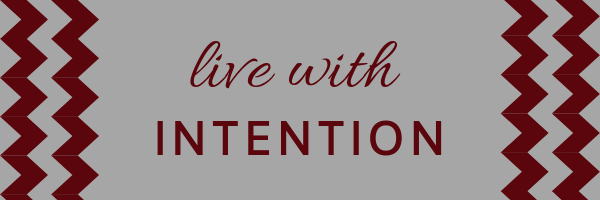The Teaching Channel Professional Learning Model includes five elements to ensure adult learners experience quality personal and professional development and carry new knowledge into their classrooms. This will ultimately have positive impacts on their students. The components are as follows:
- Intention: Establish learning goals and explore motivations
- Awareness: Analyze prior knowledge and experiences related to the topic
- Investigation: Examine relevant, research-based resources to build personal and professional connections to the topic
- Application: Apply new learning through practical design, implementation, and collaboration
- Reflection: Consider the impact of new learning to influence and transform future professional practice
While these elements are specific to Teaching Channel professional learning, the same steps can be used to improve any adult professional learning opportunities and increase positive outcomes. This blog series will discuss the five components of the model specific to professional learning for teachers. Let’s start by digging into the first component, intention.
Developing Intention for Professional Learning
“All who have accomplished great things have had a great aim, have fixed their gaze on a goal which was high, one which sometimes seemed impossible.”
—Orison Swett Marden
This inspiring quote encapsulates both learning goals and motivation which are key to developing intention for learning. We define intention as the establishment of learning goals and exploration of motivation.
Based on the research conducted by the Teaching Channel Curriculum and Instruction team, adult learners must identify their own intentions related to learning. Within Teaching Channel courses, opportunities are provided to establish individual learning goals and explore motivation to learn, which is facilitated through a variety of engaging applicable activities. Identification of intention and motivation may be based on a challenge, scenario, or problem an individual is working to solve personally or professionally. It can also be based on professional learning initiatives of a school district or state. Additionally, it may simply be based on the learning outcomes of a course or professional learning session. Finally, (we like this one best), it can be based on the curiosity of the individual learner! Regardless of the reason, Teaching Channel wants to help the learner make a personal connection with the topic to improve the likelihood of success.
An initial exploration of learning goals and motivations would also be important if you are developing professional learning opportunities for teachers. Can you find a way to make professional development for teachers their own? Here are three strategies you can use right now to increase learning intent for educators:
- The KWHLAQ! The use of a document like this allows the learner an opportunity to identify, at the onset of a learning opportunity, a personal connection to the topic (even when the topic might have been chosen for them). The form gives the learner a chance to indicate what they already know about the topic, what they want to know (intention/motivation), and how they will find out! Asking a learner HOW they will learn something increases ownership and intrinsic motivation. At the end of the learning experience, the participant revisits what they have learned, and how it will manifest in actions, and spurs continued learning by having the participant identify questions that remain.
- Personalized Professional Learning! Allow teachers a choice. Research on self-directed learning indicates that individuals who take the initiative in learning perform much better. This initiative typically stems from a challenge or a problem that an individual is working to solve. For this reason, learning motivation is much more intrinsic. This type of learning aligns better with psychological development and new developments/initiatives in learning which put a larger responsibility on the learner. In this model, the learner also benefits from the use of their own experiences and those of experts to construct more knowledge. Important components in self-directed learning can include self-assessment of prior knowledge and experiences, learning contracts, and self-evaluation of work, and reflection. At Teaching Channel, we offer FIVE personalized continuing education courses allowing educators choice. Check them out here!
- Collaboration! Encourage your teachers to work together in professional learning communities, book study groups, or other networks to increase their motivation. Research by Johnson & Johnson (1989) tells us that cooperation, compared with competitive and individualistic learning, usually results in (a) higher achievement and greater productivity, (b) more caring, supportive, and committed relationships, and (c) greater psychological health, social competence, and self-esteem. A 2008 survey of 2000 current and former teachers who were given time to collaborate showed higher satisfaction, strong collegial relationships, and lower turnover rates. More recent research from Hattie tells us that cooperative learning has above-average effect sizes. But beyond research, collaboration is just more fun! And fun usually equates to increased intrinsic motivation and learning.
Armed with these three strategies to develop teacher intention for professional learning, we are confident you can “fix your gaze on the goal” and “accomplish great things.”






